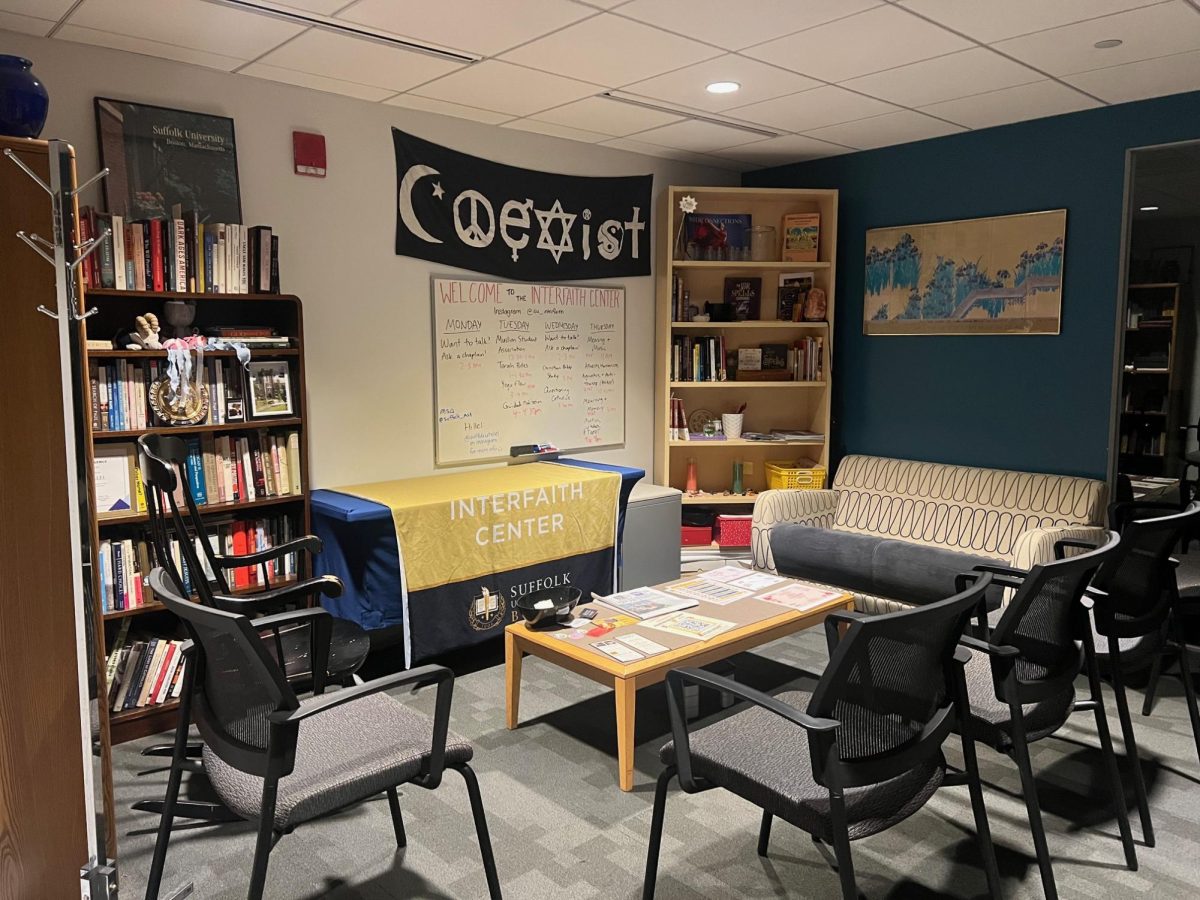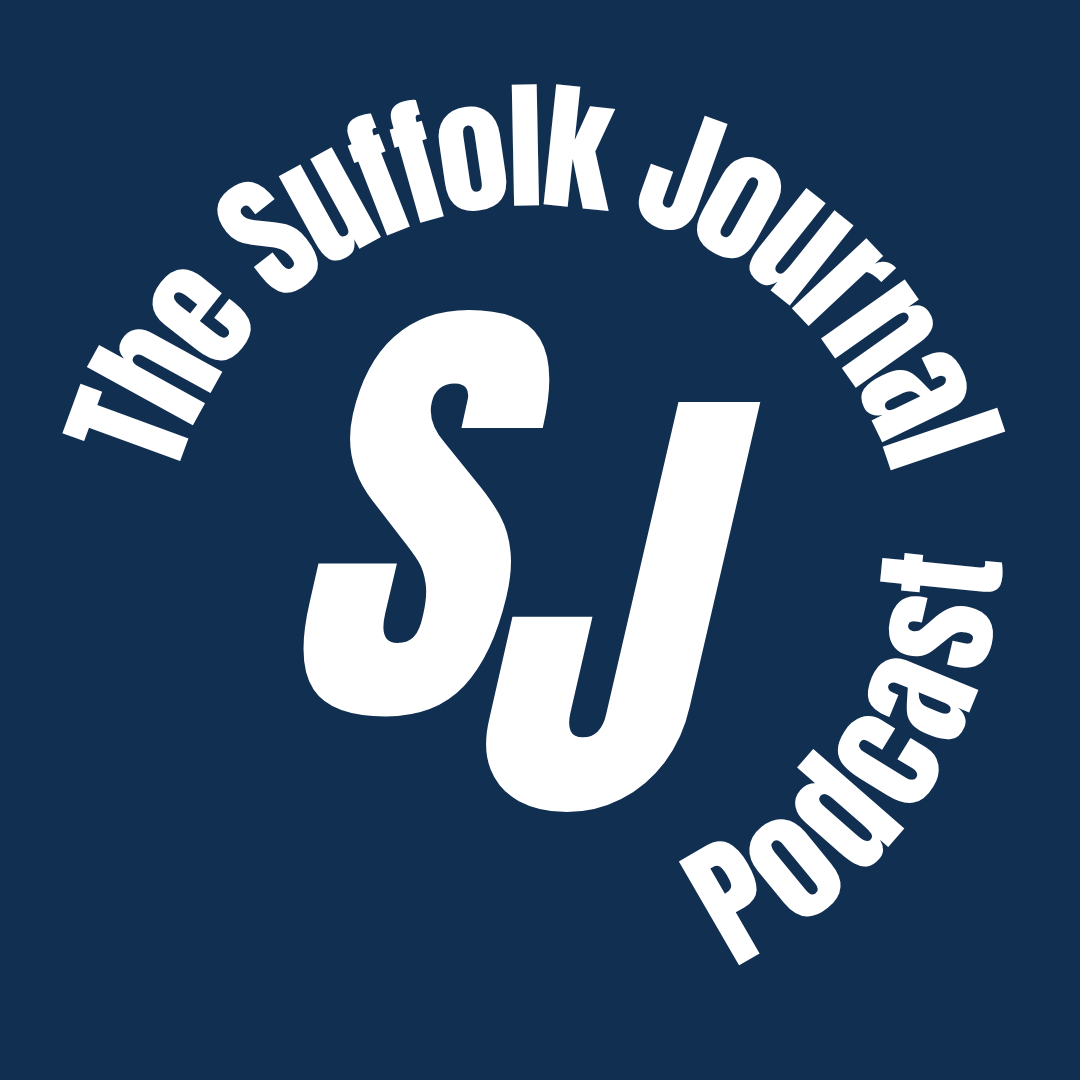The Massachusetts Department of Transportation, or MassDOT, recently approved a 5 percent fare increase for the Massachusetts Bay Transportation Authority (MBTA), which will go into effect July 1.
The increase in revenue will go towards operating costs, including, but not limited to, subway countdown clocks, video cameras on buses, and hiring employees to operate new and existing routes. According to informative documents released on MBTA’s website, another new feature will be a bus countdown clock at major stations including Kenmore, Maverick, Dudley, Ruggles, Haymarket, Central Square, and more.
Suffolk University is, and always has been, a commuter school. Its location in the heart of Boston attracts many commuters, many of whom will have to shell out a few extra dollars per month to pay their fare. A standard monthly LinkPass that is now $70 will be $75, according to the MBTA. The largest increase will occur on commuter rail passes for those traveling to Zone 10, for example, the path from South Station to North Kingstown, R.I. This increase will be $17.
Through a series of infographics and documents on their website, the MBTA explained their reasons behind the fare increases, and opened up the conversation to T riders by holding public meetings throughout Greater Boston. Meeting locations, dates, and times were noticeably advertised on their trains and buses, in various languages. In total, about 257 people responded to the proposal by showing up to the meetings, emailing, calling, and/or writing letters. About 68 percent of responders were opposed to the increase, 7 percent supported it, and 26 percent were neutral, or wanted more information. Participants not only voiced their support, or lack thereof, of the proposed fare, they took the opportunity to voice their concerns on existing lines. In a graph displaying the summary of comments from public hearings, one orange line rider told the MBTA a concern was “with raising fares [despite] low quality of service currently provided.” Another rider wanted college students’ fare prices to be equal to those paid by BPS students, which are lower.
Students and elders will not have to dig deeper into their pockets. Fare for The Ride, a door-to-door transit service, will not change. Students will be eligible to receive a student pass for $26, a $2 discount from the current cost of a seven-day pass.
A discount MBTA program is also available for students to buy before each semester. This pass may not be convenient for students who cannot shell out $267 (for a standard LinkPass through Suffolk University) before July 30 of this summer. By purchasing the pass before the semester starts, students save $33 over the course of three to four months. However, if a student happens to lose their $267 card, it cannot be replaced. They will have to purchase another monthly pass.
Fares last increased in July 2012 by 23 percent. Last year, MassLive reported that the Massachusetts Senate voted to increase the minimum wage from $8 to $11 per year for the next three years. Although this increase in minimum wage will help the thousands of people working full-time and living below the poverty level, if a fixed monthly expense such as an MBTA pass keeps rising, along with other basic necessities like the cost of food staples and other goods, it raises the question of whether or not minimum wage will help certain residents of Massachusetts rise above poverty.
The fare increase is predicted to bring in between $20 and $24.5 million in additional revenue for the MBTA. Chief Financial Officer Jonathan Davis was quoted in an article by State House News Service as saying, “We’ll actually pay off more debt than we’ll issue in the next five years.”
As for the future of the T, he said there is a “long-term strategy” to remove cash from the system, and a shorter-term goal of repairing fare boxes.


















